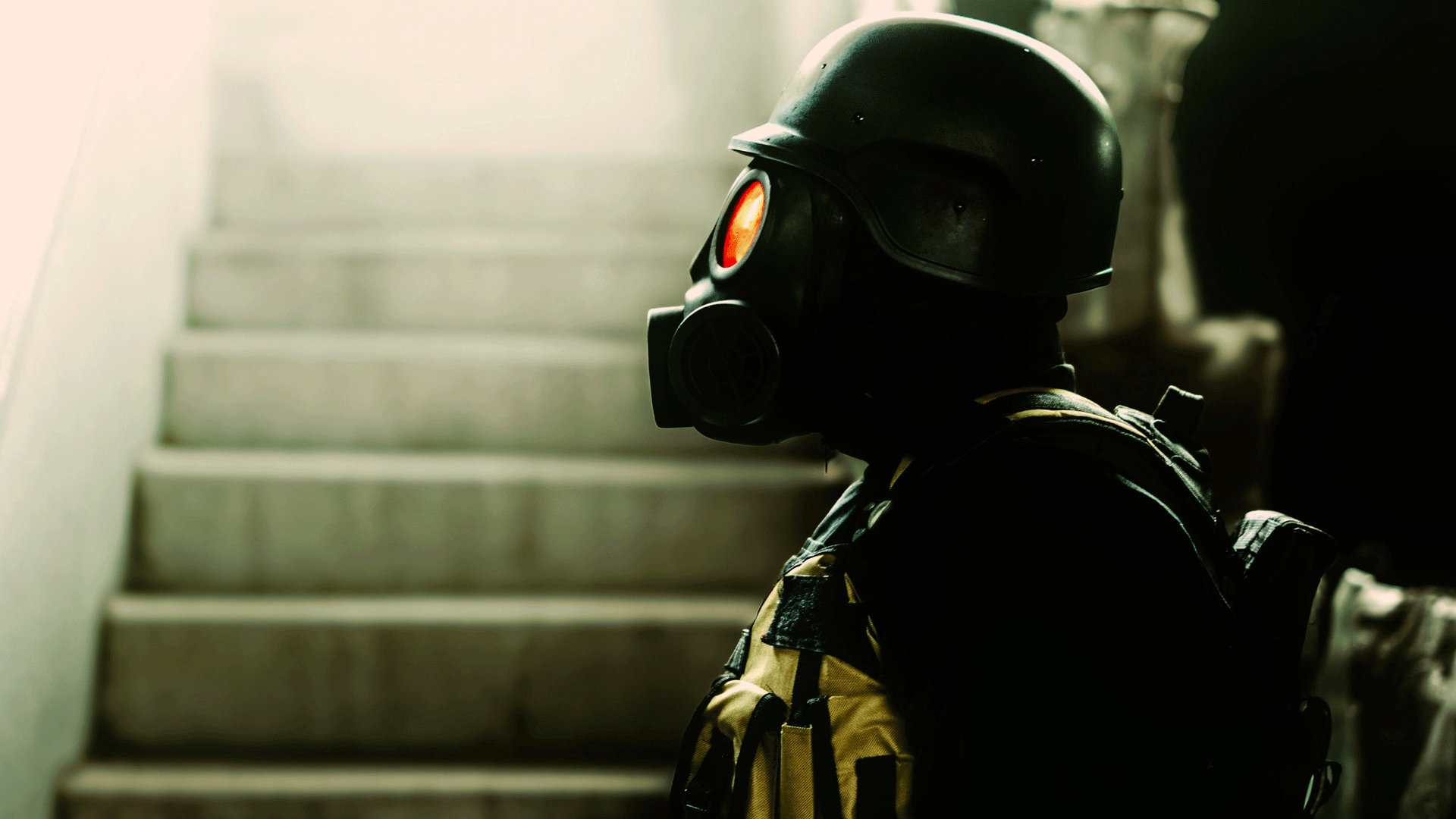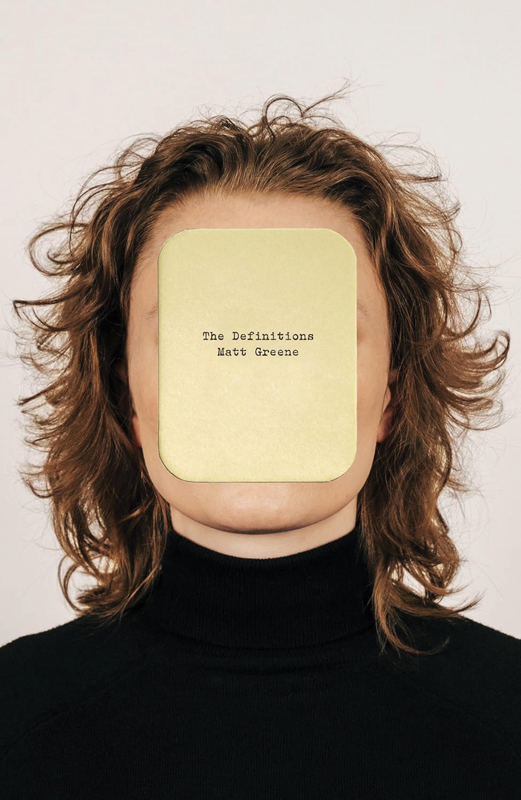Author, teacher and stay-at-home dad Matt Greene’s first novel, Ostrich, won a Betty Trask Award. His latest, The Definitions, is a haunting dystopian novel about a group relearning how to navigate the world after a mysterious illness strips them of their memories. Here are his top five literary dystopias.
The Memory Police by Yoko Ogawa, translated by Stephen Snyder
On an island where, one by one, bells, birds and perfume systematically disappear, the memory police maintain order by destroying evidence of their presence until they can be said never to have existed.
The Flame Alphabet by Ben Marcus
A book that must have been conceived of three weeks into a school summer holiday. Children’s voices have become toxic, poisoning their parents and hastening a collapse of societal order. Fascinating and terrifying.
The Unconsoled by Kazuo Ishiguro
Literalising the dystopia as anxiety dream, pianist Ryder arrives in an unnamed city fallen into moral crisis and convinced its salvation lies in recalibrating its relationship with classical music. The funniest book in the English language.
Vehicle by Jen Calleja
A nativist government policing art and translation, a plundered archipelago floating across a map, and a group of exiled researchers in pursuit of a rogue agent of the state posing(?) as the lead singer of a legendary punk band. As serious as it is fun.
1984 by George Orwell
So obvious that it’s hardly worth the slot (plus you’ve already read it) but there’s a reason when people say “Orwellian” they aren’t talking about Down and Out in Paris and London.










